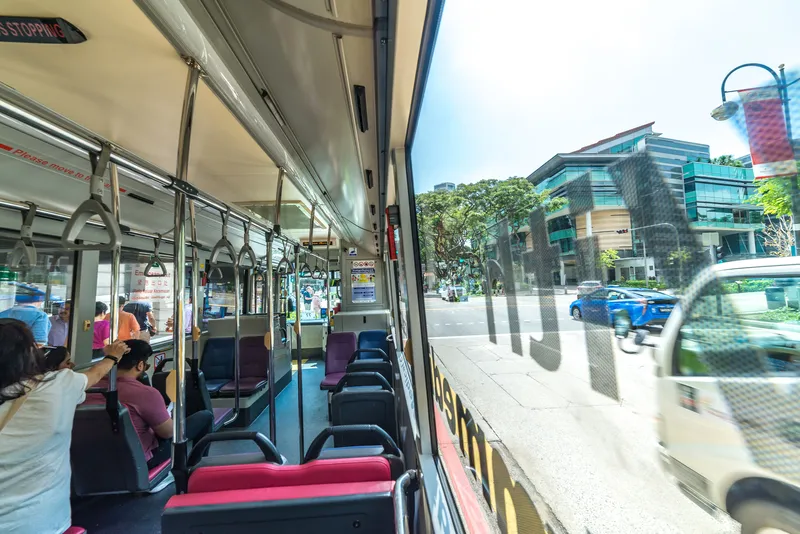Singapore’s Land Transport Authority (LTA) has announced that it intends to look into how to encourage commuters to use public transport more frequently, lessen car travel and change their journeys to off-peak periods. A consultant is being sought by the LTA to evaluate if the various workplace-based travel plan programmes are feasible and effective in switching the travel patterns of commuters.
April 4, 2012
Read time: 2 mins
RSSSingapore’s 918 Land Transport Authority (LTA) has announced that it intends to look into how to encourage commuters to use public transport more frequently, lessen car travel and change their journeys to off-peak periods. A consultant is being sought by the LTA to evaluate if the various workplace-based travel plan programmes are feasible and effective in switching the travel patterns of commuters.
A consultant will come up with customised travel plans for three organisations and help three more in the implementation of their own plan. Every workplace-based travel plan programme will consist of a minimum of three measures, possibly including the provision of shuttle bus services for workers, improving flexible work schemes and teleconference facilities.
An ongoing incentive-based study that two universities are conducting to urge MRT commuters to travel off-peak times in the morning is being sponsored by the LTA. Also, an inter-ministerial work group will be set up to evaluate on how to introduce flexible work arrangements. Additionally, the pilot study will also analyse if such programmes are beneficial in the long term.
A total of 1,500 commuters will need to be surveyed on their travel patterns and how they might be urged to switch them before the programmes can be created. The management of 100 organisations will also be interviewed to see if they are open to the implementation of such schemes.
A consultant will come up with customised travel plans for three organisations and help three more in the implementation of their own plan. Every workplace-based travel plan programme will consist of a minimum of three measures, possibly including the provision of shuttle bus services for workers, improving flexible work schemes and teleconference facilities.
An ongoing incentive-based study that two universities are conducting to urge MRT commuters to travel off-peak times in the morning is being sponsored by the LTA. Also, an inter-ministerial work group will be set up to evaluate on how to introduce flexible work arrangements. Additionally, the pilot study will also analyse if such programmes are beneficial in the long term.
A total of 1,500 commuters will need to be surveyed on their travel patterns and how they might be urged to switch them before the programmes can be created. The management of 100 organisations will also be interviewed to see if they are open to the implementation of such schemes.









